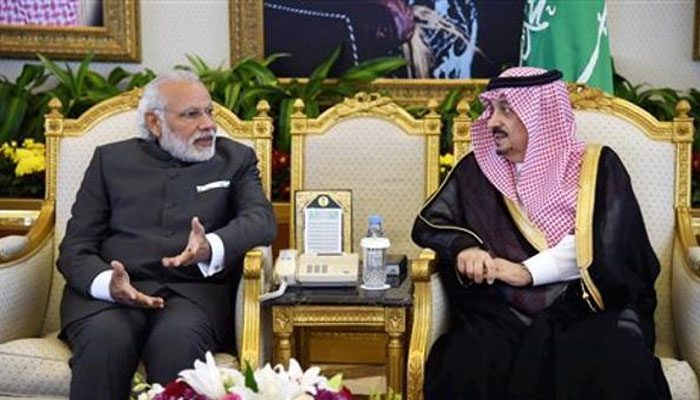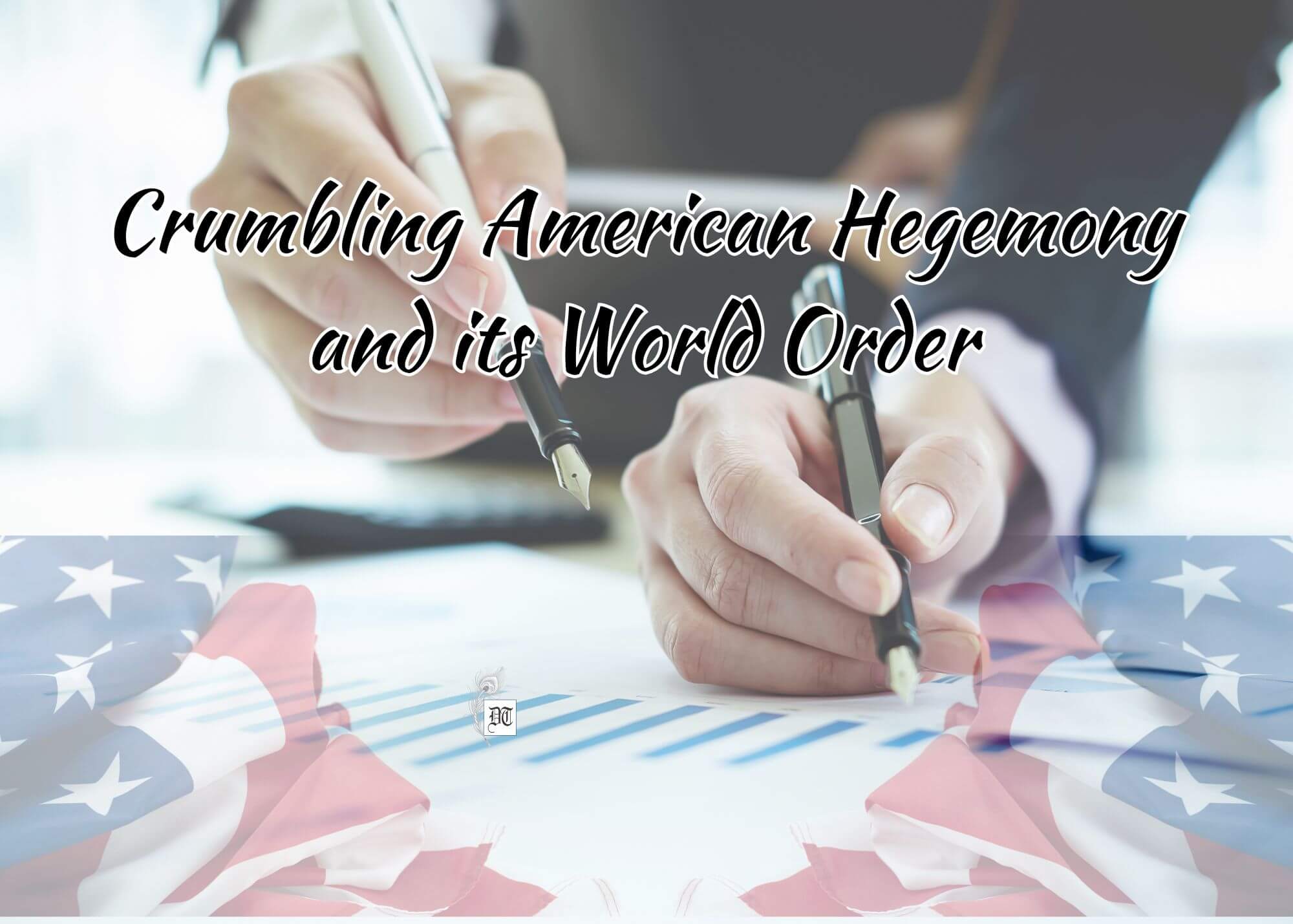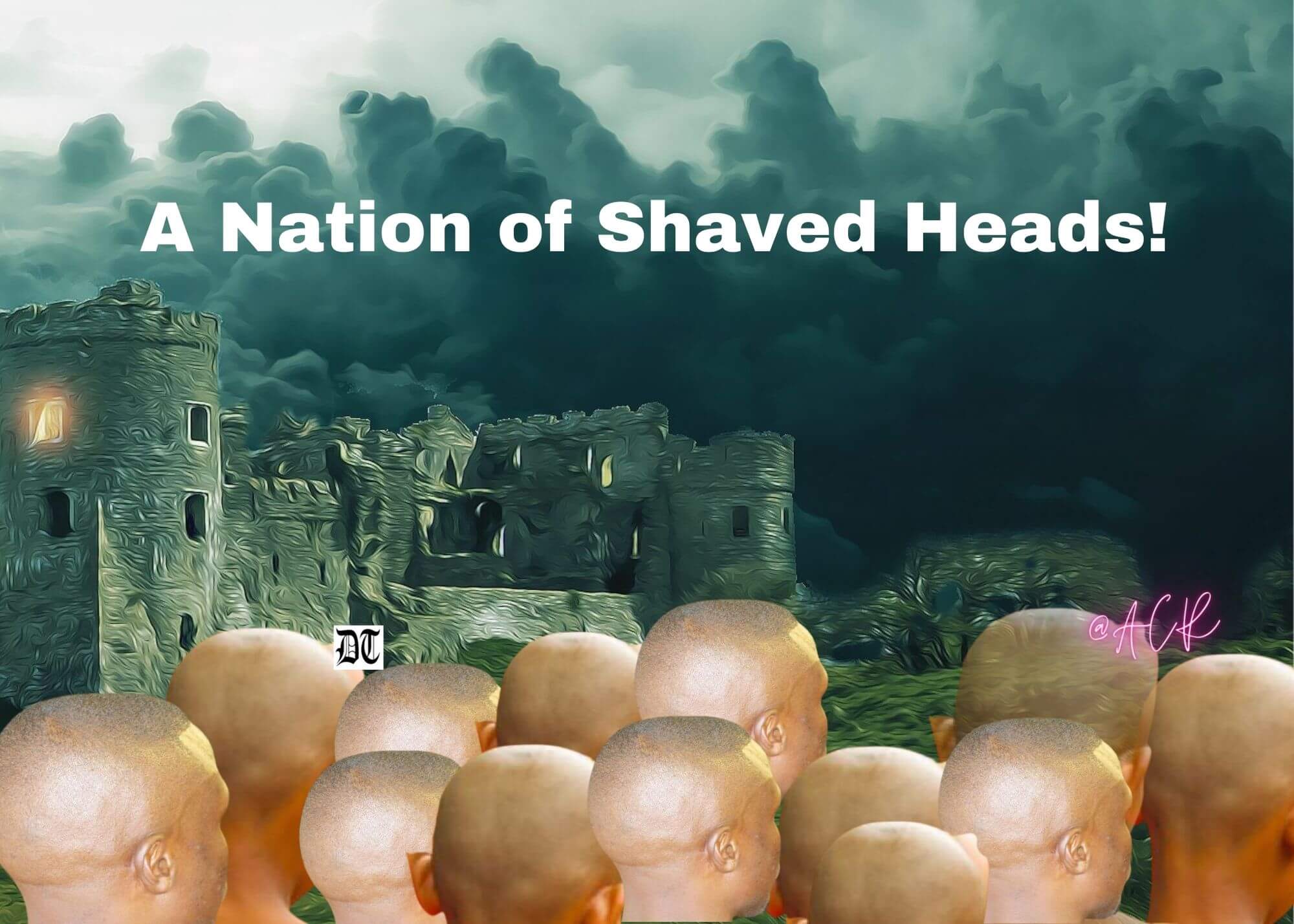India’s ‘Look West Policy’ since 2015 with Prime Minister Narendra Modi’s visit of that country indeed has made India vigorously implement the ‘Act West’ programmes, just as it is pursuing the ‘Act East ‘policy. Here’s a report, for Different Truths.
UAE foreign minister Dr. Anwar Mohammad Gargash declared at the recent 4th Abu Dhabi Strategic Debate that the country cannot live under the shadow of “Iran’s threat”. India needs to be equally concerned about the violent developments in the back door of the GCC.
As the UAE is the second most important country for India’s export-import as well as expatriate services programmes, after the USA, India needs to take the UAE apprehensions seriously as the Gulf nations are in India’s extended neighbourhood of West Asia. India’s ‘Look West Policy’ since 2015 with Prime Minister Narendra Modi’s visit of that country indeed has made India vigorously implement the ‘Act West’ programmes, just as it is pursuing the ‘Act East ‘policy. The twain need to be harnessed with great care through investments and compliance with mutual agreements. Just talking about traditional linkage would not carry many beneficial results, because it is the economy that sustains the traditional bondings forever.
India’s relations with the GCC are solidly founded as the bloc source points of over 60 percent of India’s energy requirement, but also because the region promises India scope for investment in science and technology, agriculture, horticulture, water management, information and communication technologies, shipbuilding and shipping, Information Technology Enabled Services (ITES), and, Electronics System Design and Manufacturing (ESDM). In the latter two areas, India’s support to the GCC countries can be of far-reaching benefit to both the regions. For all these the first priority is peace and stability in the region. India has an advantage over many other competing nations because of close cultural and religious affinities.
Iran, on the other hand, is equally important for India’s security and stability in energy economics. The current problem about Iran is, as most observers in the GCC countries feel, that Teheran is supporting the Houthis with arms and supplies that sustain the rebel groups. Iran has always refuted this allegation and insists that it is the despotic torture in a manipulative political long rule first by the former President Ali Abdullah Saleh and then his successor President Abd-Rabbu Mansour Hadi upon the Northern Yemenis that has instigated the rebellion. Both Iran and the GCC have constructive leadership at the helm of respective countries, yet sadly, negotiations to stop Yemen’s destruction have not succeeded. Non-violent negotiations had enough scope to solve the issues already between the ruler and the ruled in pre-turmoil Yemen, which has largely been ignored too.
India cannot afford to be in the thick of the GCC versus Iran issues, and, rather, hold the potential to become a prospective mediator to bring about peace between the two sides in the complex West Asian geopolitics. The Houthis’ violent non-compromising activities are indeed of concern to India. The traditional linkage is deeply entrenched with Persian culture practiced in India, now being sustained by economic overtures through projects. These opportunities have emerged both in the GCC and Iran can best be exploited to bring peace in India’s West Asia neighbourhood. Negotiations for peace and reconstruction of Yemen are a novel opportunity.
Looking back, the GCC itself was created in 1981 out of a fear syndrome about Iran’s anti-monarchical posturing. Therefore, the UAE is within its natural rights to explicate a nationalist resolve, as was expressed by the minister. This apart, militancy at the doors of West Asia indeed is of great existential concern for countries, especially India and China, with which the UAE enjoys the best commercial and trade relations. The UAE needs the sea lanes of communication (SLOC) in the Bab el-Mandeb and the Gulf of Aden trouble-free for the smooth movements of its cargo ships. With a Hezbollah–type militant outfit (Houthis) in control of Aden, the UAE could fall victim to possible blackmailing with blockades time to time.
The story, however, has gone deeper into complexities than anticipated. The UAE has openly supported the militia of the Southern Transitional Council (STC) under the leadership of President Hadi’s former Prime Minister Aidarous al-Zubaidi, by building his militia with the Emirati troops and pitted them against the successor President Hadi, with the demand for separation from the embattled country. The STC demanded dropping of the incumbent Prime Minister Ahmed bin Daghar for corruption and betrayal, or, separation from Yemen. With North Yemen including the country’s official capital Sana’a under control of the Houthi rebels, the al-Zubaidi faction of the Saudi-led alliance fighting the Houthis had broken away from the alliance and pushed President Hadi’s government to his palace, by capturing all important buildings and army-base in Aden. It demanded (i) removal of incumbent Prime Minister Ahmed bin Daghar, and, (ii) cutting away from Yemen, with a view to making Southern Yemen an independent state. The main intention, however, seems to have been to protect and preserve the SLOCs near Aden free from all future troubles.
The STC’s move has been a case of infighting within the Saudi-led coalition alliance fighting the Houthis. According to a recent report, at a press conference, both “envoys” of the UAE-led STC and the Saudi-led Alliance agreed to stop the infighting and compelled President Hadi to drop Prime Minister Ahmed bin Daghar, against whom the STC has been principally agitating.
The separation demand also seems to be the desperate call of the UAE to stay clean off all Houthi-style influences. As a welfare state, the UAE government reigns supreme among the GCC states enjoying very high support from its people and expatriates. Historically, the country chose to remain protective in strategies in the Arabian Gulf region. The UAE maintains a balanced worldview of peaceful cohabitation and negotiations for resolving issues. As a corollary to this concept, it lodged protests at the UNO on the issue of Iran’s annexation of its three islands on 30 November 1971, while maintaining good trade relations with Iran. The UAE sticks to its policy of peaceful solution of the issue through negotiations, and always avoids hostile countering with Iran in this case. Peaceful negotiations and outreach for economic development have been the hallmarks of the UAE’s foreign policy, which India appreciated. Hence peace in the back door of the GCC is of paramount interest to India’s projects for growth.
Surajit Mahalanobis
The writer is a research scholar at Jawaharlal Nehru University specialising in India’s Energy Relations with West Asian and South East Asian nations.
©IPA Service
Photos from the Internet
#LookWestPolicy #JawaharlalUniversity #WestAsica #UAE #China #Modi #IPA #DifferentTruths





 By
By
 By
By
